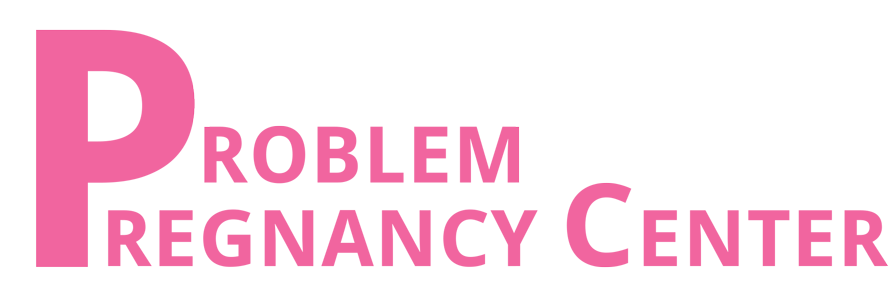Can Birth Control Affect My Reproductive System?
If you’ve ever asked yourself, “Is birth control harmful?”, you’re not alone. Whether you’ve been on it for months or years, or have even considered starting it, it’s common to wonder what effect it might be having on your body.
At Problem Pregnancy Center, we talk to women every day who are navigating concerns about their reproductive health. While we do not provide medical advice or prescribe contraception, we believe in helping women explore trustworthy, medically sourced information, especially if they’re feeling uncertain about their choices or next steps. This article breaks down what medical experts say about how birth control can affect the body and why understanding those impacts matters.
Is Birth Control Harmful to Your Body?
There are many forms of birth control, and each affects the body in different ways. Most hormonal contraceptives work by seeking to prevent ovulation and/or alter the uterine lining to make a successful pregnancy less likely. It can come with side effects or longer-term impacts that are worth understanding. According to information from the Cleveland Clinic, Johns Hopkins Medicine, and the Mayo Clinic, here are a few possible ways birth control may affect your reproductive system:
1. Changes to Your Natural Hormone Cycles
Hormonal birth control changes how your body naturally produces and responds to estrogen and progesterone. Over time, this can impact your menstrual cycle, mood, and even how your body responds to stress.
Example: Some women stop having regular periods or experience more emotional ups and downs, especially after being on birth control for an extended period.
2. Delayed Return to Fertility
For some women, it may take several months for ovulation to return after stopping birth control. This doesn’t mean you’re infertile, but it does mean your cycle might not return right away.
Example: You stop taking the pill and expect your period the next month, but it takes three or four months to regulate again.
3. Masking of Underlying Conditions
Birth control is sometimes used to “manage” conditions like PCOS or endometriosis. While it may help with symptoms, it doesn’t treat the root issue and could delay proper diagnosis.
Example: Painful periods may seem to improve while on birth control, but once off it, the original issue resurfaces and still needs to be addressed by a medical provider.
4. Potential Side Effects
Some forms of birth control are associated with side effects like blood clots, increased blood pressure, weight changes, and headaches. These risks vary depending on your health history and type of contraceptive used.
Important Note: Always consult your healthcare provider about any concerns. Problem Pregnancy Center does not provide medical treatment but encourages women to ask informed, thoughtful questions about their health and options.
Moving Forward with Confidence
If you’re concerned about how birth control may have affected your body and are now facing an unplanned pregnancy, it’s important to start with clear information. Scheduling a free appointment at Problem Pregnancy Center can help you confirm the pregnancy and talk through your next steps in a private, supportive setting. We’re here to provide clarity, not pressure, so you can make an informed decision based on what’s right for you.






